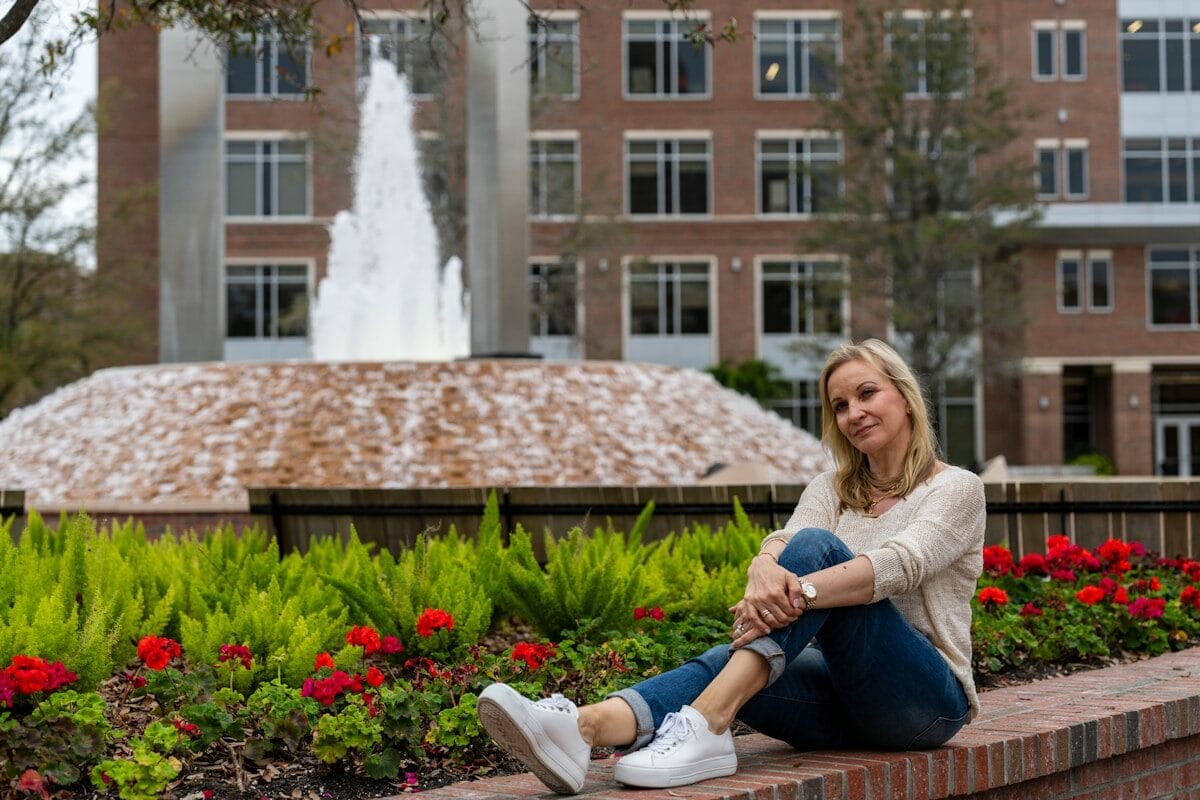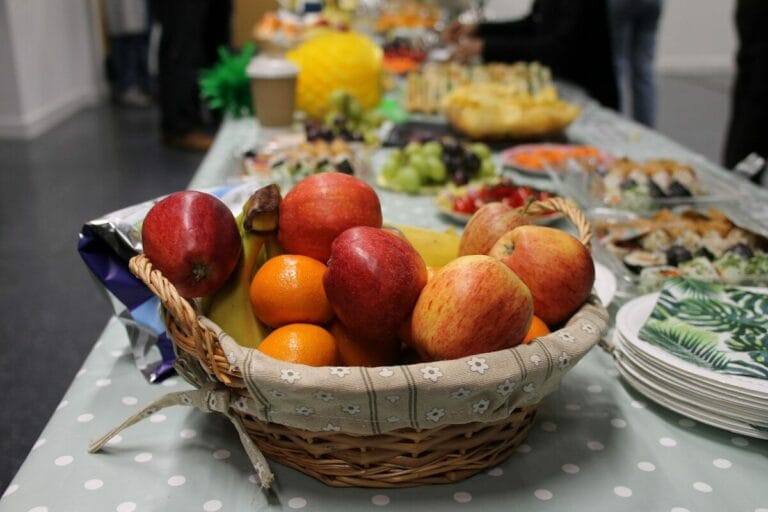The waiting room feels different from most medical offices. There’s something in the air – not antiseptic and anxiety, but possibility and understanding. Patients arriving for the first time feel tense shoulders begin to relax when they realise the people helping them truly understand their journey.
Behind this atmosphere are Paula Gomez and Gordon Maniere, whose own stories shaped how they approach every person who walks through their doors. Their paths to prosthetics weren’t academic – they were personal, carved by family experience and life’s unexpected turns.
Two Different Roads, Same Destination
Paula grew up surrounded by the rhythm of healing in her family’s prosthetic clinic in Bogotá, Colombia. As a child, she watched her relatives craft devices that gave people their lives back, learning that prosthetics weren’t just about replacing what was lost – they were about restoring what was possible. The workshop sounds, the careful measurements, the moment when someone took their first steps with a new device – all of this became the soundtrack of her childhood.
Gordon’s entry into this world came through different circumstances but with equal depth. As a teenager, he worked alongside his father Robert, who was both a below-knee amputee and a successful prosthetist himself. Learning the craft from someone who lived with the very devices he created gave Gordon an understanding that textbooks couldn’t teach. Later, his service as a combat veteran in Iraq and Afghanistan with the US Air Force added another layer to his perspective on recovery and resilience.
When they founded Manifest together, Paula brought her multigenerational family knowledge whilst Gordon contributed his military experience and personal understanding of the healing process. Their backgrounds weren’t just qualifications – they were the foundation of their approach.
Beyond the Technical Specs
Walk into most prosthetic clinics and you’ll hear about specifications and insurance coverage. At Manifest, the conversation starts with listening. The clinic blends cutting-edge technology like 3D scanning and AI-based modelling with something that can’t be programmed: genuine care from people who understand.
Their myoelectric systems – devices that respond to muscle signals – represent some of the latest advances in prosthetic technology. These aren’t just mechanical limbs; they’re responsive tools that learn from their users. The 3D scanning process means each device fits like it was grown rather than attached, whilst the AI modelling ensures optimal function for each person’s unique needs and lifestyle.
The process begins with understanding what someone wants to do with their life, not just what they’ve lost. Whether that’s returning to work, playing with grandchildren or pursuing a hobby, the team builds backwards from those goals to create devices that serve real life, not just medical requirements.
What Freedom Actually Look Like
‘Our mission is to restore freedom and mobility for every individual we serve,’ Gordon explains. Freedom means different things to different people. For one person, it might be the ability to cook dinner standing up. For another, it’s returning to the golf course or picking up their child without assistance.
The impact shows in small moments that add up to changed lives. Patients who haven’t driven in months suddenly planning road trips. Others discovering they can turn thoughts into steps again, or simply walk to the mailbox without thinking about every move. Success stories from Tampa Bay prosthetic patients consistently highlight these returns to ordinary activities that feel extraordinary when you’ve been without them.
In Florida, where approximately 11,173 amputations were reported in 2014 with numbers continuing to rise due to diabetes and vascular disease, the need for compassionate, skilled care continues to grow. The Tampa Bay area is seeing increasing demand for prosthetic services, especially as medical advances help more people survive traumatic injuries that previously would have been fatal.
Serving Those Left Behind
Some of Manifest’s most meaningful work happens with people who might otherwise go without care. Veterans often struggle with significant challenges accessing appropriate VA prosthetic care, particularly younger veterans whose active lifestyles require devices the system isn’t designed to provide. The uninsured face even steeper barriers, with advanced prosthetics often costing more than $75,000.
This is where partnerships like the one with Peg Leg Pirate Krewe become vital. The clinic regularly donates devices to individuals who couldn’t otherwise afford them, understanding that mobility shouldn’t depend on income. Paula puts it simply: ‘We are building more than devices – we are building confidence, independence and dignity.’
The truth is that veterans and uninsured amputees face significant barriers to getting proper prosthetic care. Smaller facilities may lack expertise, causing delays that stretch into months whilst people wait for devices that could restore their independence.
Recognition for a Different Approach
This month, Manifest received the 2025 Emerging Business of the Year award from the South Tampa Chamber of Commerce. The recognition acknowledges not just business growth, but something harder to measure – the trust patients place in a team that treats them as whole people, not medical cases.
‘This award is not just about business success,’ Gordon reflects. ‘It’s a reflection of the trust our patients place in us, the dedication of our team, and our shared mission to restore freedom and mobility for every individual we serve.’
The award represents recognition for an approach that prioritises people over profits, building communities of support rather than transactions. In an industry where patients often feel reduced to insurance codes and technical specifications, Manifest’s model proves that combining advanced technology with genuine human connection creates better outcomes for everyone.
What Comes Next
With prosthetic technology advancing rapidly through AI integration and improved materials, the possibilities for helping people continue to expand. New developments in sensory feedback and smart device integration mean future prosthetics could offer users even more natural control and sensation.
Gordon sees the award as a beginning rather than a conclusion. ‘This is only the beginning. Our growth is fuelled by our patients’ progress. We’re grateful for this recognition and excited to grow our impact throughout our community.’
For Paula and Gordon, each day brings new challenges and opportunities to help someone reclaim their independence. Their clinic continues to grow not through marketing campaigns but through word of mouth – people telling others about a place where the technology is advanced but the care feels personal, where the team understands not just how to fit a device but how to restore hope.
The work continues, one patient at a time, with the quiet determination of people who know that behind every prosthetic device is someone ready to walk forward into their next chapter.






